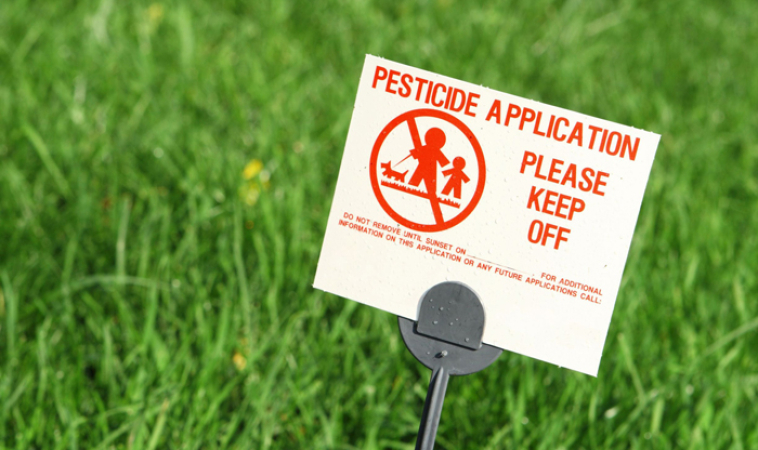PORTO, Portugal – A new study has found that premenopausal women exposed to pesticides can be at greater risk of cardiovascular disease and inflammation.
The research was published in the Endocrine Society’s Journal of Clinical Endocrinology & Metabolism.
DDT, one of the first chemicals recognized as an endocrine disrupting substance, remains in the environment and food chain even though it was banned in the ’70s. It and its related pesticides are known as environmental estrogens. They can interfere with and mimic estrogen production and are linked to birth defects, reduced fertility and the risk of Type 2 diabetes.
It appears that after the body breaks DDT and similar pesticides down, a metabolite accumulates in a woman’s fat tissue. These collected environmental estrogens can compromise the body’s natural estrogen and be a detriment to a premenopausal woman’s heart health, the study found.
The researchers took fat and blood samples from 121 obese women who underwent bariatric surgery at S. João Hospital in Porto. About 73 were classified as premenopausal, and 48 were postmenopausal and, using the Framingham risk score, the researchers assessed the women’s 10-year risk of developing cardiovascular disease.
They found women with higher concentrations of environmental estrogens in their visceral fat tissue from the belly were more likely to have higher average blood sugar levels. The premenopausal women with higher blood levels of environmental estrogens had higher inflammation and faced a greater risk of cardiovascular disease.
Researchers say measuring environmental estrogen levels may help doctors identify women who are at risk of developing cardiovascular and metabolic disease, and enable them to take preventative action.
http://press.endocrine.org/doi/10.1210/jc.2014-4136
















